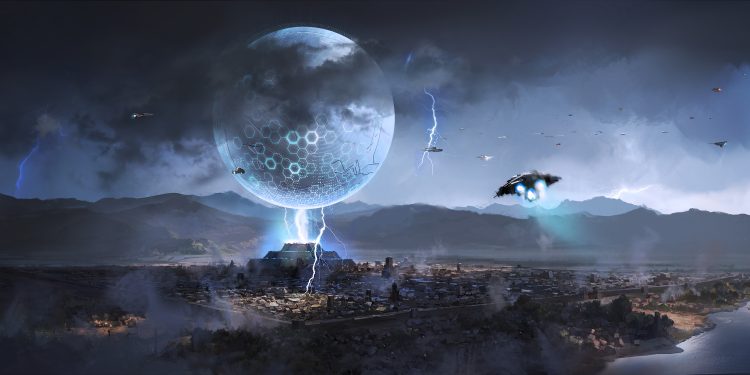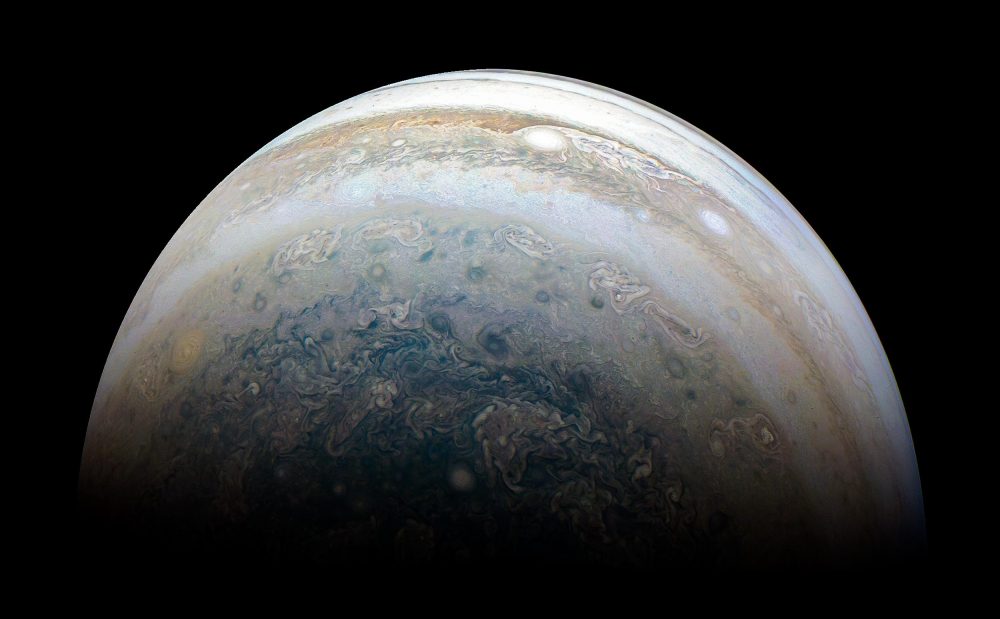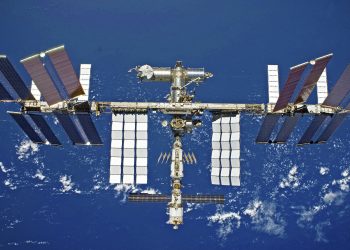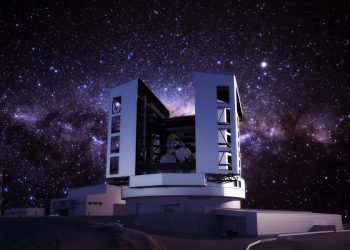For years, the idea that human intelligence is an extremely rare occurrence in the universe has shaped scientific thought. Given the vast number of evolutionary steps required to bring us to this moment, it has long been assumed that intelligent life anywhere else must be just as improbable. However, a new study challenges that assumption, suggesting that the emergence of advanced civilizations may not be as extraordinary as once believed.
A paper recently published in Science Advances reexamines a long-standing theory known as the “hard-steps model,” which posits that evolution is filled with nearly insurmountable hurdles. According to this model, critical evolutionary milestones—such as the origin of life, the development of photosynthesis, and the emergence of complex organisms—are so unlikely that they may occur only once in a planet’s lifetime, if at all. This framework has been used to argue that human-like intelligence is a rare cosmic accident.
But the new research offers an alternative view. Rather than a series of rare breakthroughs, the study suggests that these evolutionary steps may have been inevitable, driven by planetary and biological feedback loops that pushed life toward increasing complexity. In this model, intelligence is not a statistical anomaly but a predictable outcome of planetary evolution. If this is true, the universe could be teeming with advanced civilizations.
Rethinking Evolutionary Barriers
The study’s lead authors, geobiologist Daniel Mills from the University of Munich and microbiologist Jennifer Macalady from Pennsylvania State University, argue that Earth’s history does not support the idea that intelligent life is a fluke. Instead, they point to multiple lines of evidence suggesting that key evolutionary transitions may not have been as improbable as once thought:
- Multiple Origins of Key Traits – While some biological innovations, like photosynthesis and complex cell structures, were once thought to be one-time events, newer research suggests they may have happened multiple times throughout history.
- Planetary Conditions as a Driving Force – Rather than occurring randomly, evolutionary leaps may have been directly influenced by environmental changes, such as shifts in atmospheric oxygen levels and geological transformations.
- The Timing of Evolution – The study points out that intelligent life did not emerge sooner because Earth simply wasn’t ready. It took billions of years for conditions to become suitable for complex life, and human-like intelligence may have appeared as soon as it became feasible.
This new perspective does not outright disprove the hard-steps model, but it does raise serious questions about its validity. If intelligence was inevitable on Earth, then similar processes could be playing out on countless other worlds.
What This Means for the Search for Alien Life
If intelligence is not a rare cosmic accident, then the search for extraterrestrial life takes on new urgency. Astronomers are already scanning exoplanets for biosignatures—chemical clues in their atmospheres that suggest the presence of life. Oxygen, for example, could indicate biological activity similar to what occurred on early Earth. If we find evidence of such processes elsewhere, it would support the idea that life follows a common pattern throughout the universe.
This shift in thinking may also influence space exploration strategies. If planetary feedback loops drive life’s emergence, then certain types of planets may be more likely to host civilizations. Worlds with active plate tectonics, stable climates, and long-standing oceans could be prime candidates for future missions.
The Broader Implications for Humanity
This research also has profound philosophical implications. Many futurists and space advocates argue that humanity must expand beyond Earth to ensure the survival of intelligent life, assuming we are uniquely positioned in the cosmos. But if advanced civilizations are more common, our existence may not carry the weight of cosmic exclusivity. Instead, our legacy might be just one chapter in a much larger interstellar story.
While this new framework does not provide direct proof of extraterrestrial intelligence, it opens up exciting avenues for future research. Scientists will continue refining models of planetary evolution, conducting lab experiments to understand early life’s biochemical pathways, and using next-generation telescopes to search for habitable worlds. The possibility that intelligence is a common feature of the universe, rather than a miraculous accident, changes how we approach these questions.
As technology advances and our understanding of exoplanets deepens, the answer to whether we are alone may be closer than ever before. Suppose intelligent life is indeed a natural consequence of planetary evolution. In that case, somewhere in the vast reaches of space, other civilizations may be looking up at their own night skies, wondering the same thing.











